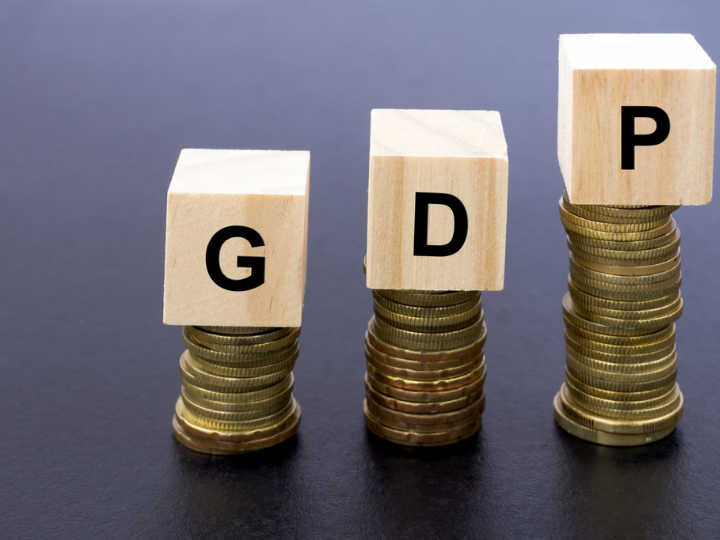by Andrea Willige*
Why, in the 21st century, are we still measuring our economic growth with the Gross Domestic Product (GDP) – a metric created in the early 20th century?
And how can we define a more comprehensive, multidimensional metric that adequately reflects the complexities of the world we live in and that can guide our post-pandemic recovery? A metric that looks beyond a nation’s income and considers welfare, the environment and people, too?
The World Economic Forum has attempted just that with its report, Dashboard for a New Economy Towards a New Compass for the Post-COVID Recovery, which outlines a framework for macroeconomic metrics that could fill the gaps currently left by GDP.
No way to gauge a nation’s welfare
The weaknesses of GDP as a metric are not just a reflection of the rapid transformation the world economy has seen in this century in the wake of the Fourth Industrial Revolution, the climate crisis and COVID-19. GDP’s blanket use for gauging a nation’s welfare has been questioned on many occasions, even by its inventor, the US economist Simon Kuznets.
In its new report, the Forum has proposed a scorecard made up of four dimensions that need to be brought into balance: prosperity, the planet, people and the role of institutions.
Prosperity vs economic growth
The Forum’s ‘Prosperity’ metric includes aspects such as social mobility, income or wealth inequality and financial resilience. GDP still features within the Prosperity dimension, but updated to reflect different dynamics within the world economy.
In high-income economies, it has to track the slowing economic growth, its impact on standards of living and an increasingly unequal income distribution with a view to facilitating effective policy countermeasures.
In emerging markets, the metric needs to account for those countries’ more evenly spread growth, which has contributed to ending poverty for millions to date. There is still a strong case for boosting economic growth in these economies, the report states. One example of this could be stimuli to boost the growth of clean energy over fossil fuels.
Getting it right for people and the planet
The ‘Planet’ metric weaves together the evolving energy mix and, by association, the development of greenhouse gas emissions. It also accounts for the cost of climate change and its mitigation – for example through carbon taxes.
Human capital is the key determinator for the dashboard’s ‘People’ dimension. It incorporates metrics for tracking education and re-skilling to guide government spending toward transforming workforce skill-sets and avoiding job losses as the economy’s structural transformation continues to unfold.
The final dimension is ‘Institutions’, with the Forum pointing to a decline in institutional quality, as evidenced by negative trends around press freedom, judicial independence and budget transparency, for example.
Finding the right balance
While each of these four dimensions already carries inherent complexity, their interconnectedness creates further difficulties, and trade-offs will need to be made to ensure adequate balance.
While governments may introduce a carbon tax to help abate climate change, they need to consider the impact this may have on jobs, economic and social polarization, for example.
Finding a new globally acceptable tool to measure the ups and downs of our economic activity will remain a challenge – but one that must be tackled urgently to ensure the world’s economic recovery is on the right course.
*Senior Writer, Formative Content
**first published in: www.weforum.org




 By: N. Peter Kramer
By: N. Peter Kramer
